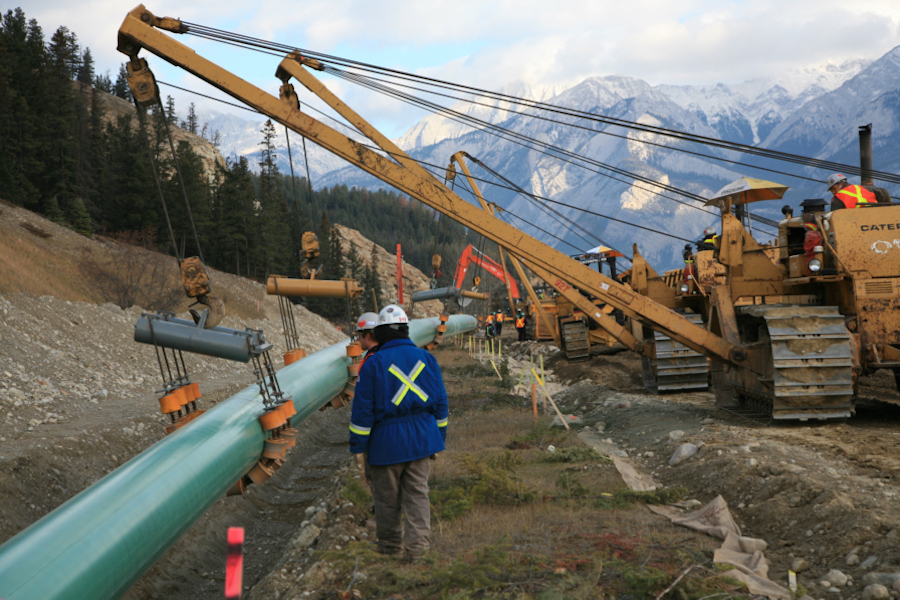Fraser Institute news release: Federal reforms make environmental assessment process more uncertain, more political

VANCOUVER, British Columbia, May 31, 2018 (GLOBE NEWSWIRE) — Environmental assessment has always been arbitrary and political and the federal government’s proposed changes (contained in Bill C-69) do nothing to change that, argues a new report released today by the Fraser Institute, an independent, non-partisan Canadian policy think-tank.
If anything, the reforms will increase uncertainty in the project approval process.
“Environmental assessment has always been an empty shell devoid of substantive rules or standards. At a time when major pipeline projects remain in limbo, the last thing Canada needs is a more arbitrary and politically-driven impact assessment process,” said Bruce Pardy, a law professor at Queen’s University and author of Federal Reforms and the Empty Shell of Environmental Assessment.
In February 2018, the federal government introduced Bill C-69, which will replace the Canadian Environmental Assessment Act, 2012 with the Impact Assessment Act.
Under the new statute, which is now back in the House of Commons for third and final reading, the federal cabinet and the environment minister still retain the power to approve or reject projects regardless of an assessment’s findings, meaning the process will remain highly political.
And if passed, Bill C-69 will broaden the factors to be considered in environmental impact assessments of proposed natural resource development projects within federal jurisdiction, such as dams and oil and gas pipelines.
For example, environmental assessments will also take climate change, traditional Indigenous knowledge and gender impacts into account.
The study argues that the more factors included in impact assessments, the more discretionary the decisions will be.
“Historically, environmental assessment regimes have permitted federal governments of every stripe to make project decisions based on the political winds of the day,” Pardy said.
“The proposed reforms may make a bad process worse.”
More News
{{ commodity.name }}
{{ post.title }}
{{ post.date }}




Comments